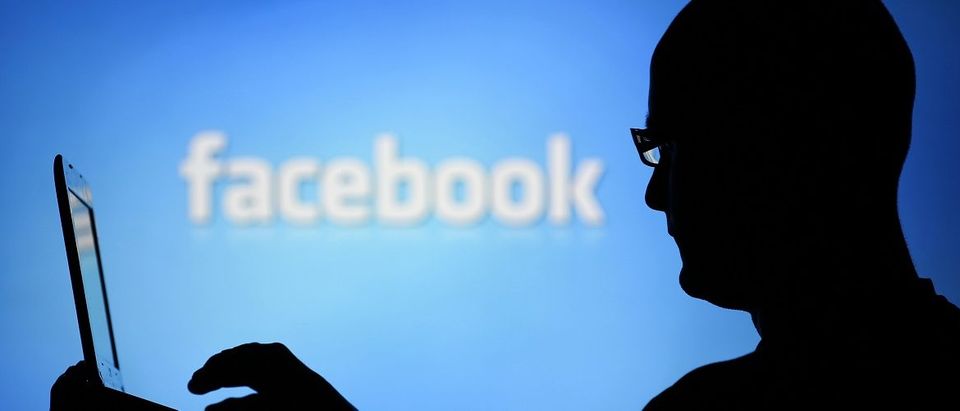The U.S. Supreme Court has agreed to hear a challenge to a North Carolina law which bans registered sex offenders from accessing social networks open to minors.
The law gives the term “social network” a fairly broad reading. Registered sex offenders are banned from traditional social networks like Facebook, as well as content-sharing platforms and digital news sites with comments sections like NYTimes.com. North Carolina argues the law prevents predators from trolling for victims online. Challengers to the law assert it is an unconstitutional infringement on free speech. (RELATED: Supreme Court Will Hear Transgender Bathroom Case)
The North Carolina Supreme Court upheld the law in a 4-2 ruling, finding that the law constrains conduct and not speech. Professor David Post at Temple University School of Law and Georgetown University Law Center, an expert on Internet law, reacted to the ruling incredulously in an essay at Volokh Conspiracy.
Really? That is precisely like saying that a prohibition on using a telephone, or a printing press, is merely a regulation of “conduct” — because, I suppose, it constrains the physical acts of picking up and dialing a phone, or turning on a machine, with only an “incidental” burden on whatever happens after those actions take place. Or how about a law prohibiting convicted felons from entering a public library? Is the court seriously suggesting that that would just be considered a regulation of “conduct” — because, I suppose, it affects only individuals’ movement through space — that “only incidentally burdens the ability [of persons subject to the prohibition] to engage in speech after [entering the library]”
The key question on which this case will hinge for the high court is whether the law leaves open “ample alternative channels” for speech. The Court has long upheld content-neutral restrictions on speech as long as they are narrowly defined, serve a compelling government interest, and leave open ample alternative channels for expression, Professor Eugene Volokh of UCLA School of Law explains. A law which leaves open ample alternatives is subject to less-demanding judicial review, while a law which does not provide ample alternatives is subject to more demanding scrutiny.
Oral arguments are not yet scheduled.
Send tips to kevin@dailycallernewsfoundation.org.
All content created by the Daily Caller News Foundation, an independent and nonpartisan newswire service, is available without charge to any legitimate news publisher that can provide a large audience. All republished articles must include our logo, our reporter’s byline and their DCNF affiliation. For any questions about our guidelines or partnering with us, please contact licensing@dailycallernewsfoundation.org.


